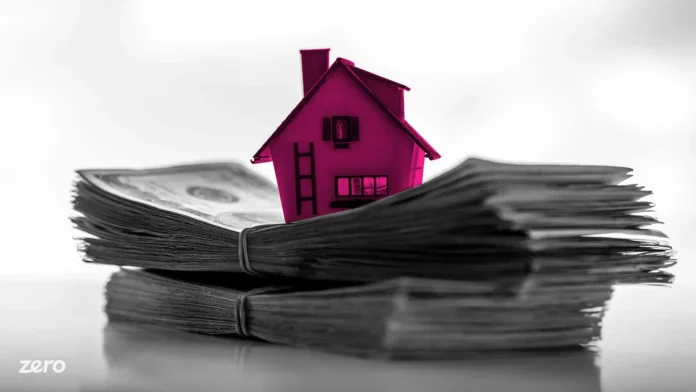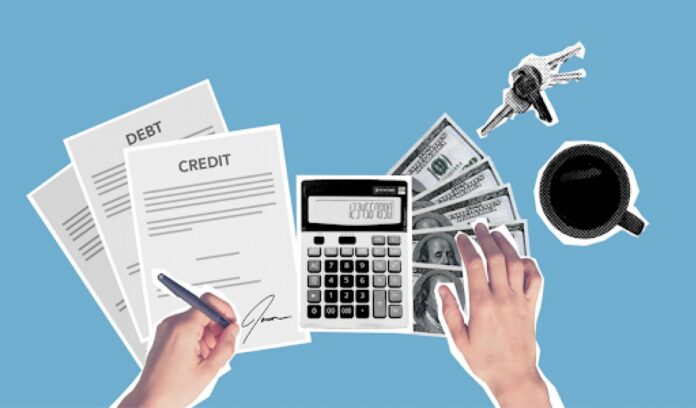
Buying a home is one of the most exciting and life-changing experiences you can have. It’s a dream that many of us aspire to achieve, but it can also be quite overwhelming, especially when it comes to closing costs. Closing costs are a vital aspect of the home-buying process that you need to understand to avoid any last-minute surprises.
If you’re a first-time homebuyer, the concept of closing costs can seem daunting.
In this “Closing Costs 101 Guide,” we’ll break down the different fees and charges associated with your mortgage and explain how they are calculated. We’ll also provide some tips to help you negotiate your closing costs with your lender.
Our goal is to help you navigate the home-buying process with confidence and ease, so you can focus on finding your dream home. Whether you’re a first-time homebuyer or an experienced buyer, this guide is for you.
What are closing costs?
Closing costs are the fees and charges that homebuyers pay when they purchase a home. These costs are typically due at the closing of the home sale and are paid by the buyer. They cover a wide range of expenses, from loan origination fees to appraisal fees, title search and insurance, home inspection fees, property taxes, and recording fees. It’s essential to know what you’re paying for and how much it will cost before you sign the final documents.
How much are closing costs?

The average closing cost in the United States is around $5,000 to 10 thousand although that can greatly vary. The exact amount will depend on several factors, such as the location of the property, the loan amount, and the buyer’s credit score. For example, if you’re purchasing a home in a high-cost area, you may end up paying higher closing costs than someone buying a home in a more affordable location. If we still left some doubts, check out MCAP to find every little detail that might help you.
Negotiating
The good news is that it’s possible to negotiate your closing costs with your lender. However, you need to know how to go about it. The first step is to shop around and get multiple quotes from different lenders. You can use these quotes as leverage to negotiate with your preferred lender. You can also ask your lender to waive some of the fees or reduce them to make the process more affordable.
Due date
Closing costs are due at the closing of the home sale. They are usually paid by the buyer, although in some cases, the seller may pay for some of these fees. The exact amount and payment method will be detailed in the final documents you sign. It’s important to plan ahead and ensure you have enough funds to cover these costs before you close the deal.
Understanding calculation
Closing costs are calculated based on the loan amount and the price of the property. The lender will provide you with a Loan Estimate, which will detail all the fees and charges associated with your mortgage. It’s important to review this document carefully and ask your lender any questions you may have.
Who pays for it?

Typically, the buyer pays for the closing costs, although in some cases, the seller may agree to pay for some of the fees. It’s important to negotiate with the seller and ask if they are willing to contribute to the closing costs to reduce the burden on the buyer.
Tips
Closing costs can add up quickly, but that doesn’t mean you’re stuck paying the full amount. One of the best things you can do is to shop around and get multiple quotes from different lenders. This gives you an idea of what other lenders are offering, and you can use these quotes to negotiate with your preferred lender. You may find that other lenders are offering lower fees or better rates, which can give you some bargaining power.
Once you have multiple quotes, ask your preferred lender to match or beat them. Many lenders are willing to work with you to keep your business, and they may be willing to reduce their fees or offer you a better interest rate if you show them what their competitors are offering.
Another option is to ask your lender to waive some of the fees or reduce them to make the process more affordable. Some fees, such as the application fee, can often be waived if you ask. Other fees, such as the origination fee, may be negotiable, especially if you have good credit and a strong financial history.
Consider a no-closing-cost mortgage, which is a loan that comes with a higher interest rate but no closing costs. This can be a good option if you’re short on cash or want to save money on upfront fees. However, keep in mind that you’ll be paying a higher interest rate over the life of the loan, which can add up over time.
Remember, you have negotiating power, and you should use it to your advantage. Don’t be afraid to ask for a lower rate or reduced fees. The worst thing that can happen is that your lender says no, but you may be surprised by how much you can save by simply asking.

Conclusion
Congratulations, you’ve made it to the end of our guide! We hope that this guide has provided you with valuable insights into the different fees and charges associated with your mortgage.
Remember, understanding closing costs is crucial in the home-buying process, and it’s essential to be prepared for them. By knowing what to expect, you can avoid any surprises and plan your budget accordingly.
Don’t forget to negotiate your closing costs with your lender to see if there are any ways to reduce the fees. Saving a few hundred or thousand dollars on closing costs can make a big difference in the long run.
If you still have questions or need more information, don’t hesitate to reach out to your lender or real estate agent. They’re there to help you through the process, and they’ll be more than happy to answer any questions you may have.











